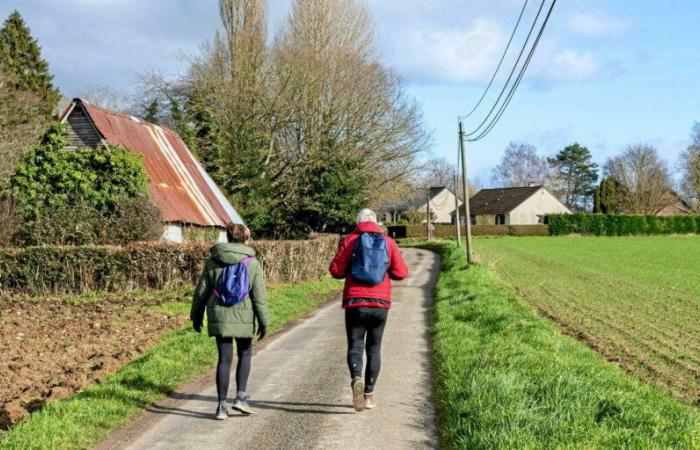Saccording to an INSEE study, the population increased by 1.9% in France between 2015 and 2021, or +0.3% on average per year. In mainland France, the increase in population was more marked in the departments of the Atlantic coast and the South. It thus stands at 1.2% at an annual rate in Haute-Garonne and in Hérault, at 1.1% in Gironde, at 0.9% in Ille-et-Vilaine, at 0.8% in Vendée and in the Landes.
Every evening from 6 p.m.
Receive the information analyzed and deciphered by the Point editorial staff.
Merci !
Your registration has been taken into account with the email address:
To discover all our other newsletters, go here: MyAccount
By registering, you accept the general conditions of use and our confidentiality policy.
Conversely, between 2015 and 2021, the population shows an average annual decline of 0.8% in the departments of Meuse and Haute-Marne and of 0.7% in those of Creuse and Nièvre. In Île-de-France, the evolution of the population appears to be contrasting, varying annually from +0.8% in Seine-Saint-Denis to -0.6% in Paris.
The capital, champion of density
The capital is by far the most densely populated department in metropolitan France (20,238 inhabitants per square kilometer), ahead of Hauts-de-Seine (9,312) and Seine-Saint-Denis (7,064). With 15 inhabitants per square kilometer, Lozère is the least densely populated department, followed by Creuse (21) and Alpes-de-Haute-Provence (24).
To discover
Kangaroo of the day
Answer
Finally, Seine-Saint-Denis is the “youngest” department in mainland France, with a share of under-25s reaching 35.4%, ahead of Val-d’Oise (34.5%), Essonne (33.3%), Seine-et-Marne (33.2%), Nord (32.8%) and Ille-et-Vilaine (31.9%). On the other hand, this proportion is only 21.6% in Creuse, 21.7% in Lot and 22.4% in Dordogne.
“The population is older on part of the diagonal of low-density territories, from the South-West to the Massif Central,” observes INSEE. Thus, the share of the population aged 65 or over, which stood at 20.4% nationally in 2021, amounted to 30.9% in Creuse, 30.8% in Lot and 30. .1% in Nièvre. On the other hand, it was only 12.2% in Seine-Saint-Denis.






